Destination Imagination
Page Navigation
2024-25 TVNC Regional Tournament Winners
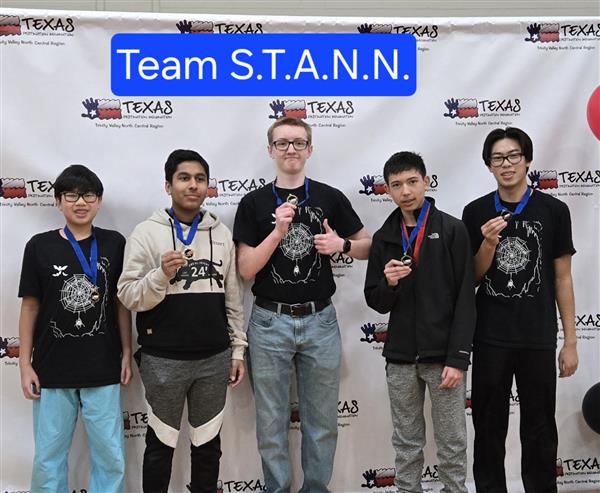
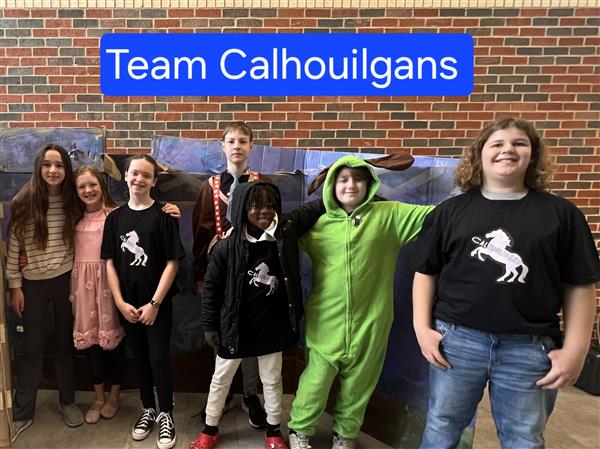
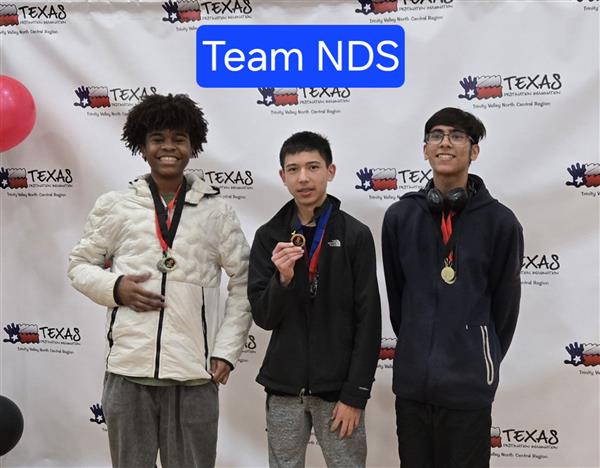
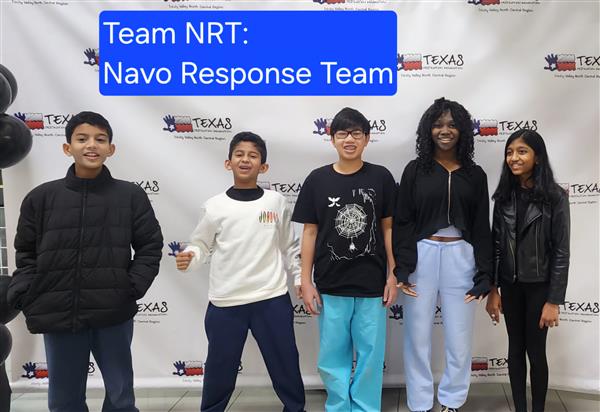
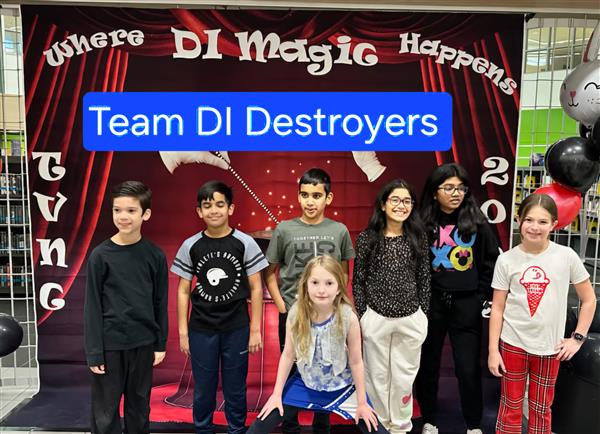
2023-24 TVNC Regional Tournament Winners
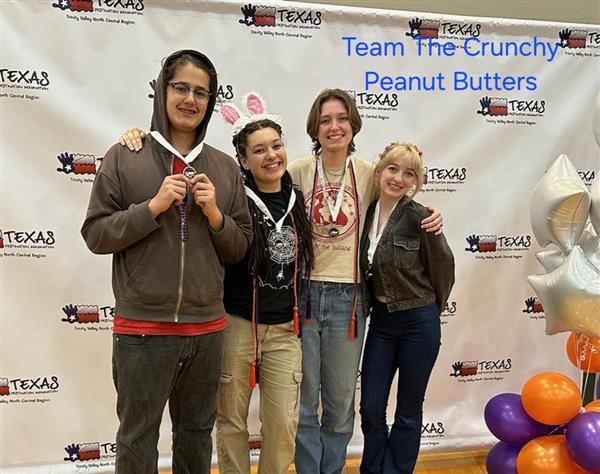
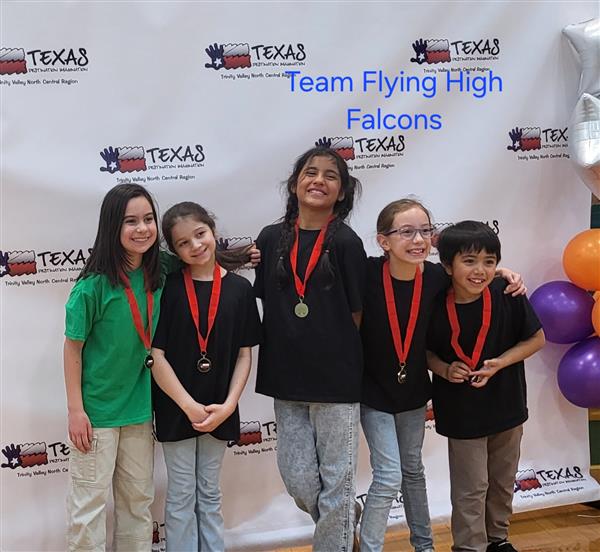
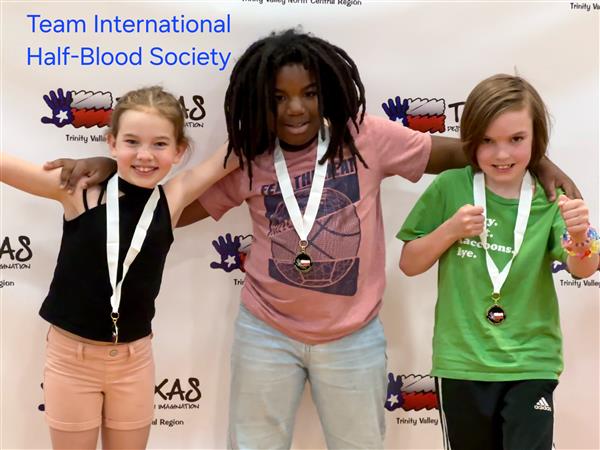
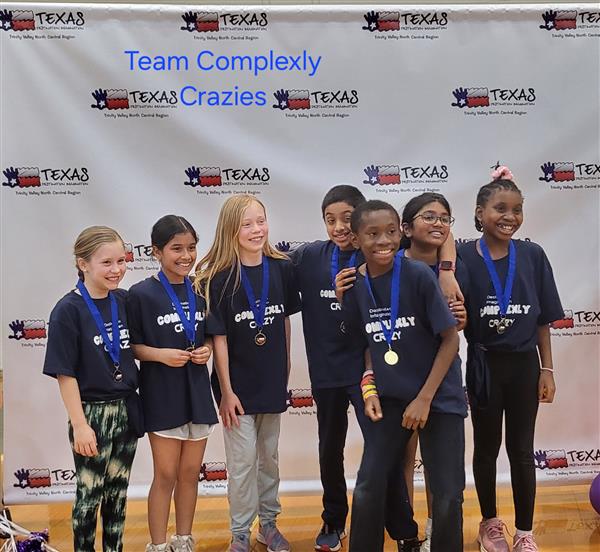
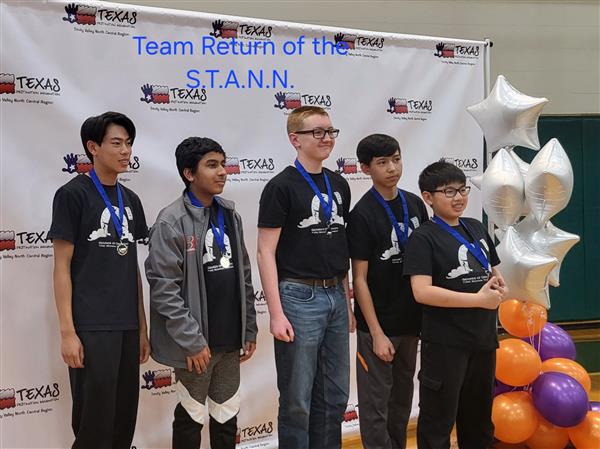
About Destination Imagination
-
What is DI: Destination Imagination is an educational challenge program for students (Preschool-College) run mostly by parent volunteers (team managers), wherein teams of appropriate age group are formed consisting of 2 to 7 kids. The team works towards developing creative solutions to a complex challenge completely on their own which they present at a Regional Tournament in spring. The top teams move on to State and then Global levels.
What does DI Focus on: Creativity, Problem solving and Teamwork
Life Skills learned: They will learn how to dissect a problem, think out of the box, explore ideas and solutions and most importantly learn teamwork, negotiation and compromise. During the process of solving DI challenges, students learn to identify each other’s strengths and use it to become confident contributors and presenters.
What kind of Challenges:- Non Competitive Level (preschool to 2nd grade): These teams are called “Rising Stars”. They do not compete, but do get to perform at the regional tournament. They work on “Rising Star” challenge that helps develop social and problem solving skills. They also get to participate in Instant challenge which is optional at this level.
- Competitive Level (kindergarten to college): Teams choose from six different types of team challenges. EachTeam Challenge has a unique educational focus such as Technical, Structural, Scientific, Fine Arts, Improvisational and Community Outreach. Every challenge also has a presentation part, wherein the team writes the script, makes costumes and props. Teams also participate in Instant Challenge which requires quick thinking, creative and time critical solutions. Instant challenges can be performance based, task based or hybrid. There is a budget set for most challenges. The top teams go on to compete at State and Global levels.
Interference: A very important part of DI is the Interference Rule wherein an adult including team managers cannot contribute any ideas towards the solution. This is a rule that is strictly followed and monitored by the appraisers. The solution has to come from the team members alone.
Time Commitment: Teams usually work from October to March and may extend to May if they make it to the state and global level. Teams are usually on a tight schedule and team work is of utmost importance. Hence teams cannot afford to have absences. The schedule depends on the Team Manager and their team members.- Rising Stars will probably meet after school once a week for 1 to 2 hours
- Competitive teams may meet once or twice a week for 1 to 4 hours, as the competition gets closer.
Funding: Registration and Regional tournament fees for all Denton ISD teams will now be covered by the district.
Cost Commitment: The team will be responsible for Supplies, workshop fees and any other cost that the team chooses to incur. This will vary depending on how many team members a team has and what challenge they are doing.
Team Manager: A team has to be led by an adult, usually a parent volunteer. This would be a commitment of 2-4 hours per week. Team managers are there only to facilitate the meeting but do not contribute any ideas towards the solution.
Training: FreeTeam Manager training is provided by the region. The region also provides Team workshops and Instant Challenge Scrimmage at a nominal cost. You can also get free online training at www.diuniversity.org.

